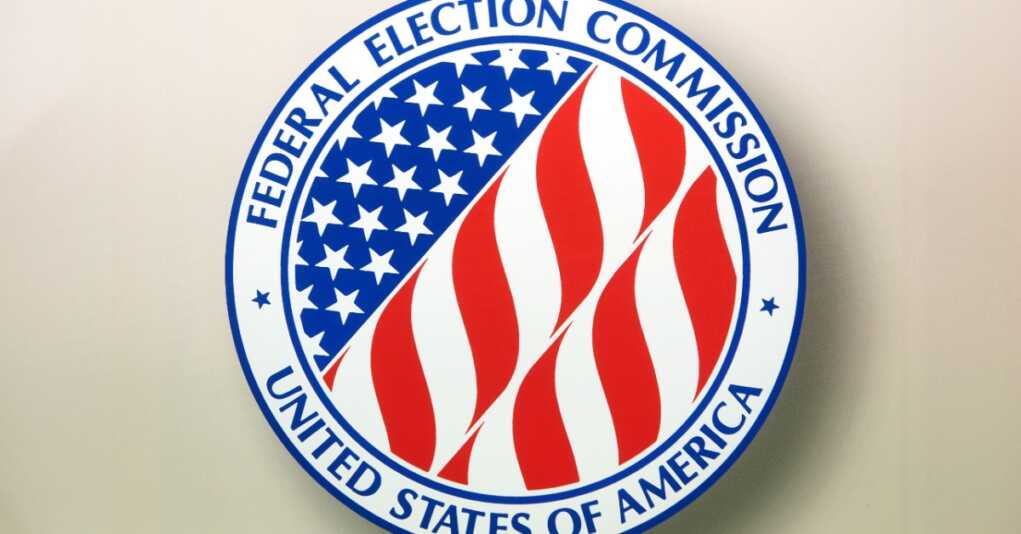Trump to FEC Chair: ‘You’re Fired!’ – But Is It Legal?

In a move that has Washington’s chattering class in a tizzy, President Donald Trump has attempted to remove Federal Election Commission (FEC) Chair Ellen Weintraub from her position. Weintraub, a Democrat who has been a thorn in the side of many with her outspoken views, received a letter from the President dated January 31, 2025, informing her that she was being dismissed effective immediately. The letter, which Weintraub promptly shared on social media (because, of course, where else would one air such grievances?), has ignited a legal debate over the President’s authority to unilaterally remove an FEC commissioner.
Now, let’s pause for a moment. The FEC, for those who might have forgotten amidst the constant swirl of political drama, is the independent agency tasked with enforcing federal campaign finance laws. It’s designed to be bipartisan, with no more than three commissioners from the same political party. Commissioners are appointed by the President and confirmed by the Senate, serving staggered six-year terms. Notably, Weintraub’s term expired in 2007, but like that expired can of beans in the back of your pantry, she’s remained on the shelf, continuing to serve in a holdover capacity because no one got around to replacing her.
Weintraub has been a vocal critic of President Trump’s claims regarding voter fraud, often using her platform to challenge assertions she deems unfounded. This latest development has her crying foul, asserting that the President’s attempt to remove her is illegal. She contends that there’s a specific legal process for replacing FEC commissioners, and this ain’t it. In her words, \”There’s a legal way to replace FEC commissioners—this isn’t it.\”
The White House, for its part, has remained tight-lipped, declining to comment on the matter. However, Harrison Fields, the principal deputy press secretary, stated that the President has chosen a different person to chair the FEC. Who that might be remains a mystery, adding another layer to this political whodunit.
Legal experts are now weighing in, and as with most things in Washington, opinions are divided. Some argue that the President does indeed have the authority to remove commissioners, especially those serving beyond their appointed terms. Others contend that the FEC’s structure as an independent agency means that commissioners can only be removed for cause, such as neglect of duty or malfeasance, and that serving in a holdover capacity doesn’t change this protection. It’s a classic Washington standoff: legal ambiguity meets political maneuvering.
Weintraub, not one to back down, has made it clear that she intends to challenge her dismissal. She argues that allowing the President to unilaterally remove an FEC commissioner threatens the agency’s independence and could set a dangerous precedent. After all, if commissioners can be removed at will, what’s to stop future presidents from ousting those who don’t toe the party line? It’s a slippery slope, and Weintraub is strapping on her cleats for the climb.
This incident also highlights the often-overlooked issue of holdover officials in the federal government. Many appointees continue to serve beyond their terms, sometimes for years, due to political gridlock or simple neglect. While the law allows for this, it creates a gray area regarding their removal and the balance of power between the executive branch and independent agencies.
As this saga unfolds, one thing is certain: it’s a boon for legal scholars and political pundits who thrive on dissecting the minutiae of federal appointments and the separation of powers. For the rest of us, it’s another reminder of the complex and often convoluted machinery of our government. So, grab your popcorn, folks. This legal drama is just getting started.









